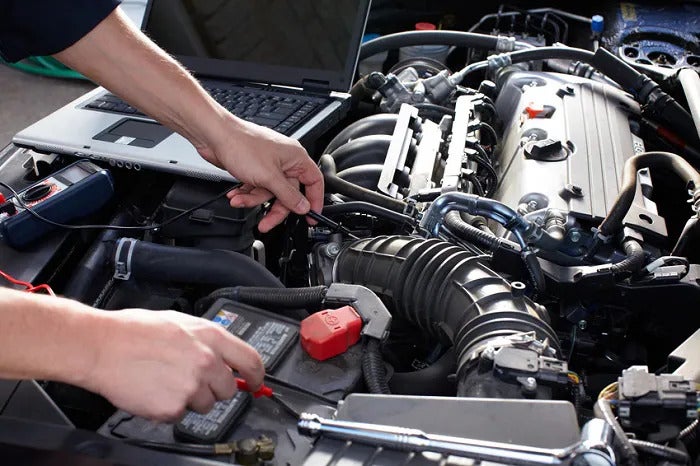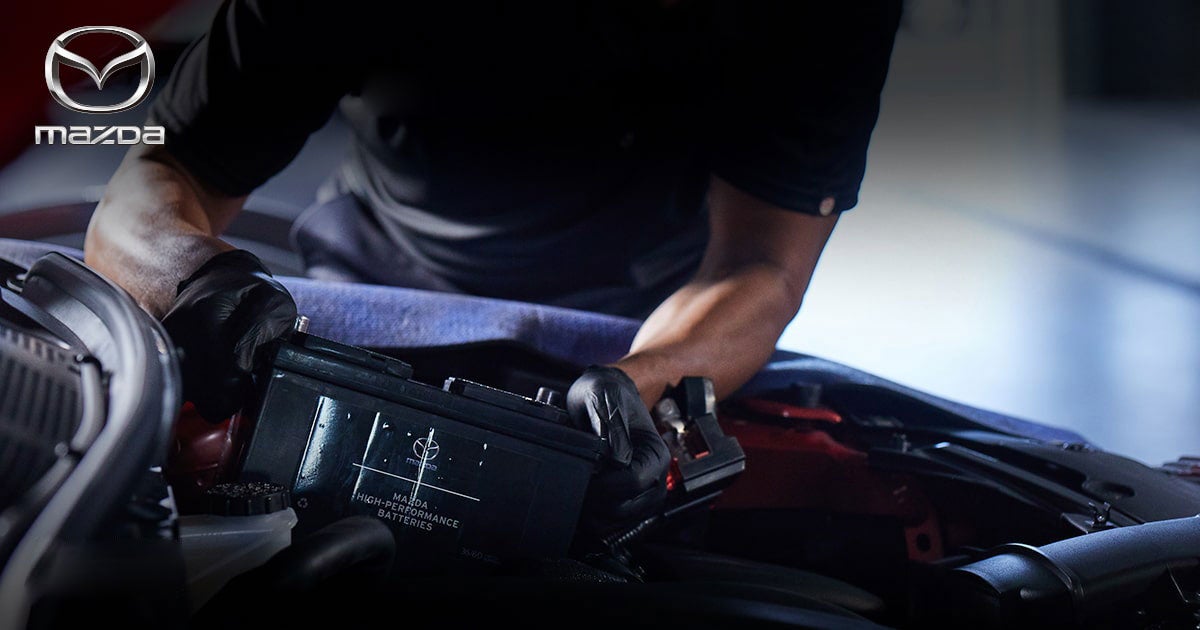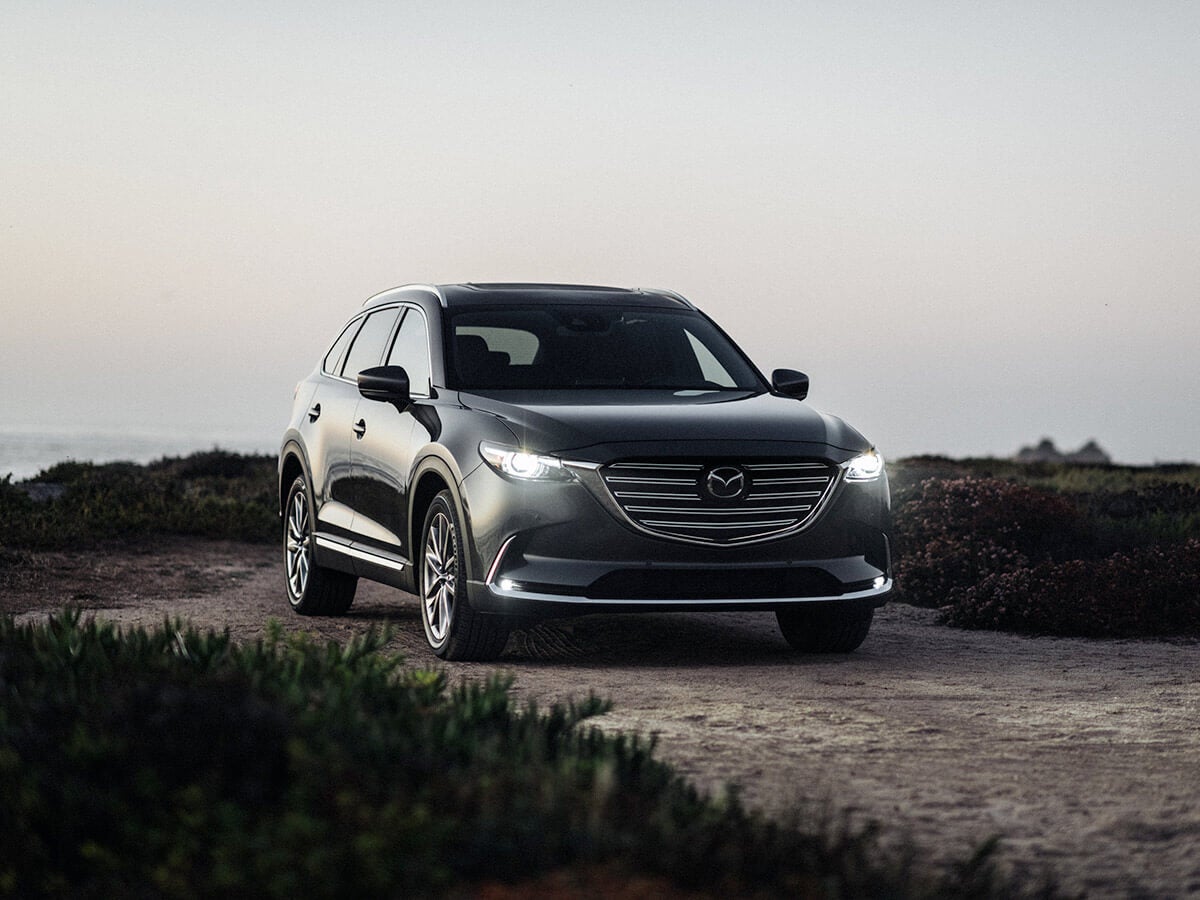Why Car Batteries Die in Colder Weather & How to Avoid It

Car batteries are notoriously fickle in colder climates, often stranding drivers in winter. Understanding why car batteries fail in cold weather is not just a matter of convenience; it's a crucial aspect of vehicle maintenance and reliability. This article delves into the scientific and practical reasons behind this common issue. Cold temperatures impact the chemical reactions within batteries, while challenges are posed by motor oil viscosity and increased power demands. Summer heat also plays a surprising role in winter battery failures.
Here's a rundown of all you need to know, plus some essential preventive measures and maintenance tips to help avoid the inconvenience of a dead battery in cold weather.
The Science Behind Battery Functioning
Car batteries, integral to a vehicle's electrical system, function by converting chemicals to electrical energy, essential for starting the engine and powering accessories. The core of a typical car battery is a lead-acid system, with lead and lead dioxide plates immersed in a sulfuric acid and water electrolyte solution. When the engine starts, this chemical mix generates electrons, powering the motor and other electrical components.
Cold temperatures significantly impact this process. The colder it gets, the more the electrolyte solution resists chemical reactions, slowing down and reducing the efficiency of electrical energy production. As a result, the battery's ability to provide necessary power diminishes, with electrochemical reactions potentially decreasing power output by 30-60% in cold conditions.
Additionally, the cold weather increases the battery's internal resistance, further impeding electron flow. This combination of slowed reaction rates and heightened resistance often leads to the frustrating scenario of a car failing to start on a chilly winter morning. Understanding these scientific principles is crucial for addressing the challenges posed to car batteries by cold weather.
Challenges Posed by Cold Weather
Cold weather significantly challenges car batteries, affecting the vehicle's mechanical and electrical systems. The increased viscosity of motor oil in colder temperatures demands more power from the battery, especially older or weaker ones. This is compounded by the heightened demand for electrical energy for heating and lighting in winter, further depleting the battery's charge. Additionally, the age and condition of the battery play a crucial role; older or compromised batteries are more susceptible to failure in cold conditions. Understanding these challenges and implementing preventive measures is critical to ensuring battery reliability in cold weather.
The Surprising Role of Summer Heat
The detrimental effects of summer heat on car batteries are often surprising yet significant, setting the stage for winter failures. High temperatures accelerate battery corrosion and evaporate the critical electrolytes within. This heat-induced damage weakens the battery's internal structure, diminishing its ability to hold a charge. Consequently, when winter arrives, these pre-weakened batteries face even more significant challenges due to the cold.
The combined effects of summer heat and winter cold create a cycle of stress and deterioration, increasing the likelihood of battery failure in the colder months. This insight underscores the importance of year-round battery care to prevent unexpected failures.
Preventive Measures and Maintenance
Preventive measures and maintenance are crucial in ensuring that car batteries withstand the rigors of cold weather. Adopting a proactive approach can significantly reduce the likelihood of battery failure during winter months.
Regular Battery Checks and Maintenance
It's vital to have your battery tested regularly, especially before winter. Mechanics can assess the battery's health and identify potential issues early on. This proactive step is particularly important for batteries over three years old, as they are more prone to failure.
Keeping the Battery Charged
Ensuring your battery remains fully charged is essential, mainly if the vehicle is not used regularly. Using a battery maintainer or trickle charger can help prevent the gradual discharge that occurs over time. These devices maintain the battery at an optimal charge level, extending its lifespan and ensuring reliable performance.
Parking Indoors and Using the Right Motor Oil
Park your vehicle indoors, such as in a garage, to protect the battery from extreme cold whenever possible. Additionally, using the correct grade of engine oil for colder temperatures can make the engine easier to start, thereby reducing the strain on the battery.
Cleaning and Inspecting Battery Terminals
Corrosion at the battery terminals can impede electrical flow and contribute to starting difficulties. Regularly cleaning and inspecting the terminals can prevent this buildup. A mixture of baking soda and water can effectively remove corrosion, ensuring better conductivity and battery health.
Role of Longer Drives in Maintaining Battery Charge
Short trips do not allow the battery to fully recharge, which can lead to a gradual decrease in battery power. Taking your vehicle for longer drives can help maintain the battery's charge level. This practice ensures that the alternator has sufficient time to recharge the battery, thus keeping it in optimal condition.
Implementing these preventive measures and regular maintenance practices can significantly enhance your car battery's resilience to cold weather, ensuring reliable performance when you need it most.

Advanced Tips for Battery Care
For enhanced battery care during harsh winters, consider these advanced tips:
-
Battery Blankets or Insulation: Battery blankets wrap around the battery, providing warmth and insulation, which helps maintain its optimal operating temperature. This is especially beneficial in icy climates where the battery is at risk of losing charge due to low temperatures. Insulating your battery in this way can help prevent the loss of capacity and power in the winter months.
-
Upgrading the Battery: If you reside in an area with particularly severe winters, upgrading to a battery with a higher cold cranking amps (CCA) rating is a prudent move. A higher CCA rating indicates a battery's enhanced ability to start an engine in cold temperatures, making it a worthwhile investment for those in colder regions.
-
Checking for Parasitic Drains: Parasitic drain refers to the battery power being used even when the car is off – this can be due to accessories left on or electrical issues. Regular checks for such drains are important, as they can significantly deplete the battery's charge over time. Identifying and rectifying these drains can help maintain the battery's charge and prolong its life.
Implementing these advanced tips can significantly boost your battery's performance and durability in cold weather, ensuring your vehicle remains reliable even in the harshest winter conditions.

Taking Care Of Your Car Battery In Cold Weather
Properly caring for your car battery in cold weather is essential for reliable vehicle performance. Remember to regularly check and maintain your battery, ensure it's adequately charged, and consider using battery blankets or upgrading for harsh winters. Additionally, be vigilant about potential parasitic drains. For comprehensive maintenance advice or if you're looking for your next car, visiting Seacoast Mazda can provide you with expert guidance and a wide range of options to suit your needs. Their expertise can be invaluable in keeping your car running smoothly through the winter months.

